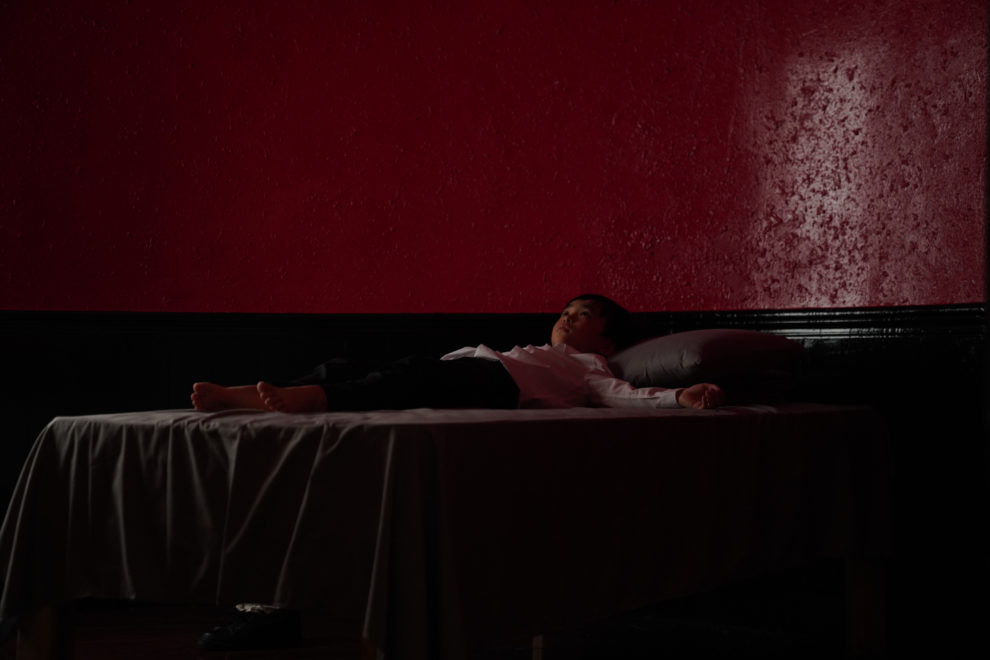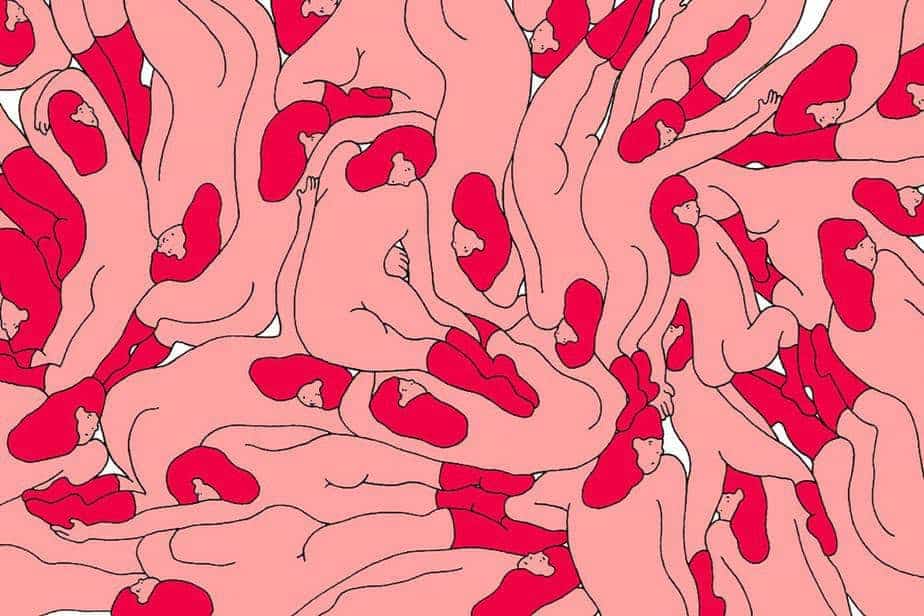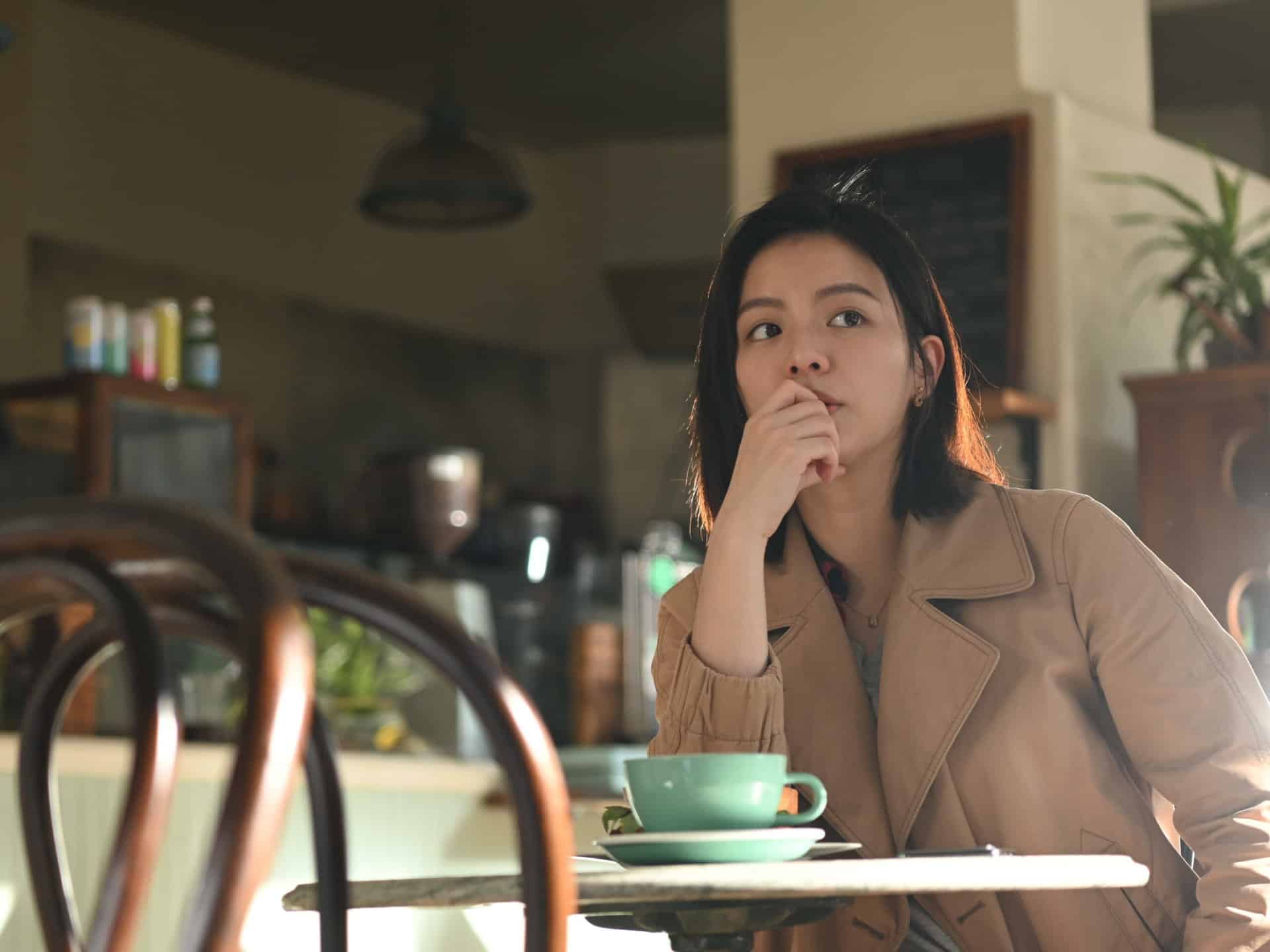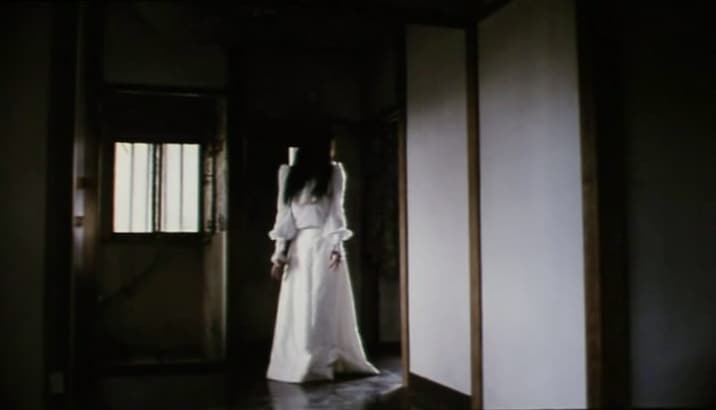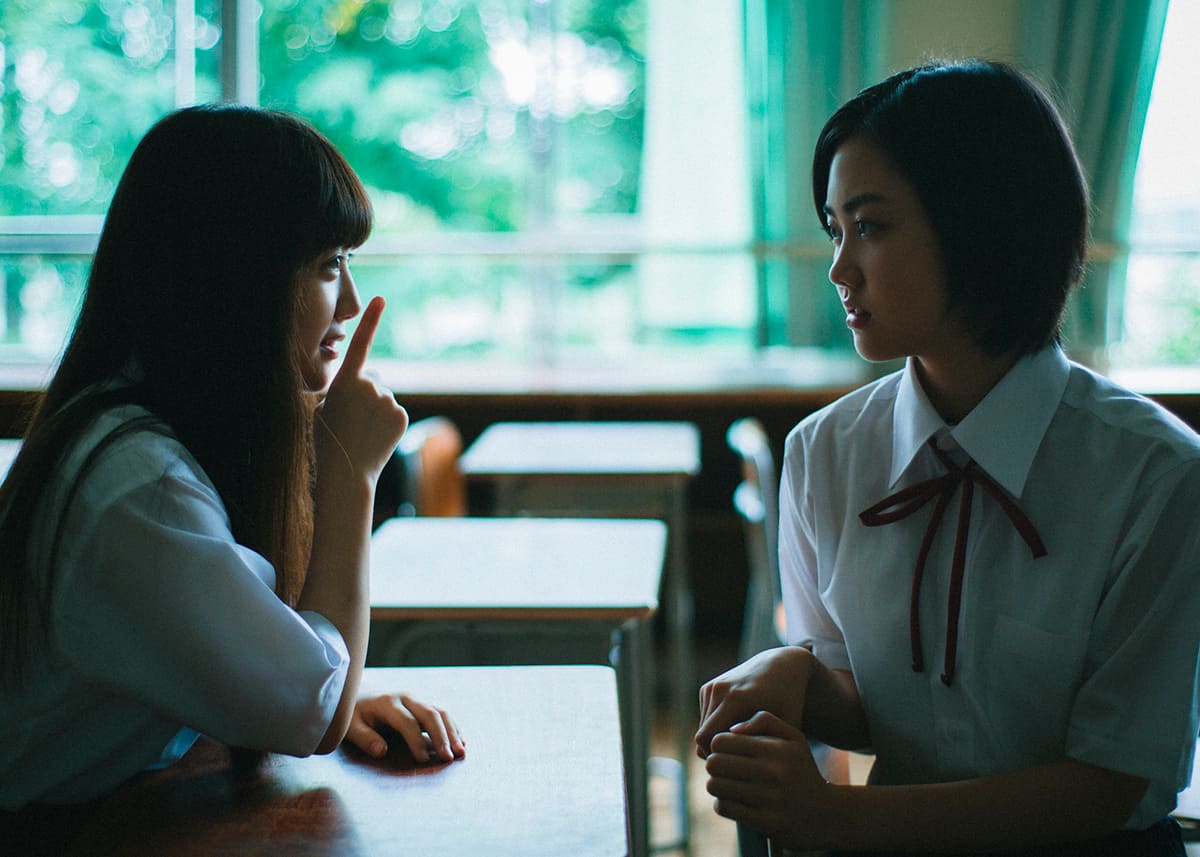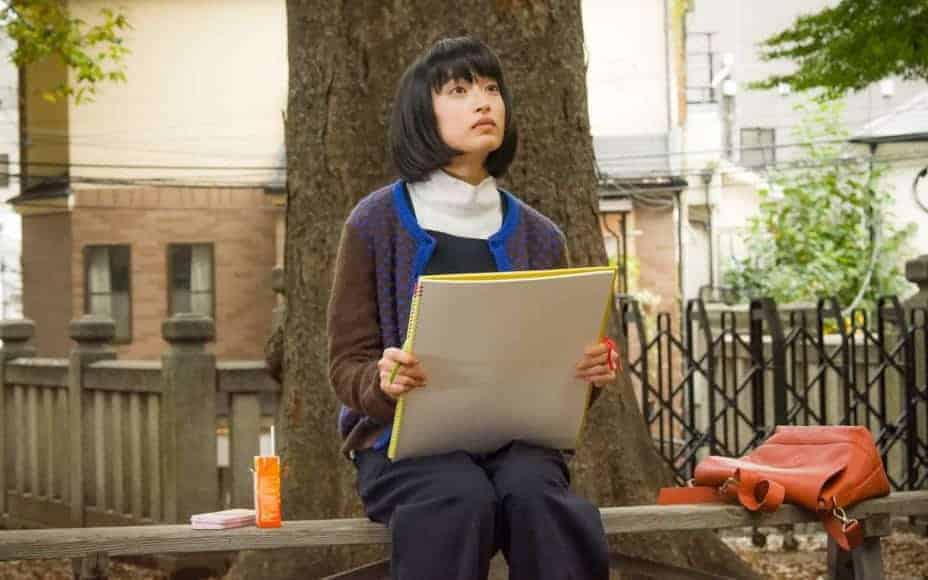While often rightly praised for its technical aspects, most specifically its visuals, science-fiction movies such as “Blade Runner” or “Matrix” need to be regarded also for the kind of tradition they continue. With regard to the genre, one of the most persistent themes is the idea of how mankind might develop in the light of new developments in the field of technology or science, which may result in the interesting philosophical discourse about the uniqueness of humans, or if that is still relevant with a seemingly more evolved species in the world. It is precisely this tradition which sets the tone for “Double Helix”, the new short feature by acclaimed Chinese director Qiu Sheng, that already earned him the Golden Goblet Award for Best Live Action Short at the Shanghai International Film Festival 2021.
Double Helix is screening at Fantasia International Film Festival
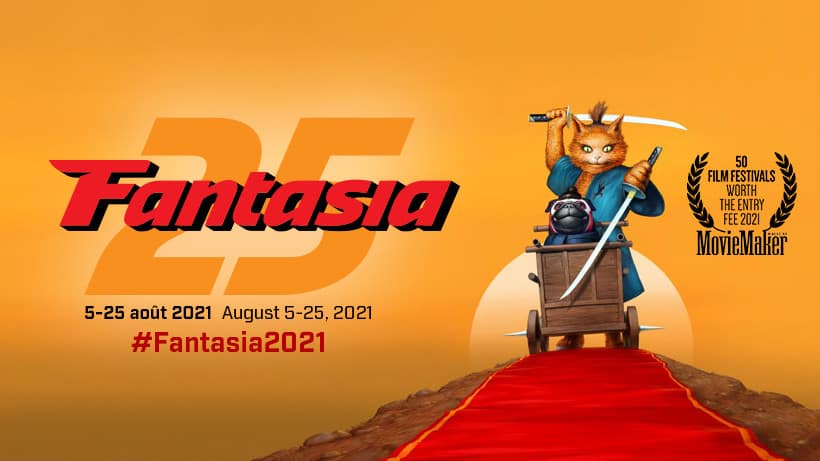
Based on a story by writer Wang Jinkang, the story begins with a girl named Yun and her brother Yuan who have escaped their family home into the woods. The two have been running for quite some time now, as both of them are quite exhausted and look forward to some rest in an abandoned school. It becomes clear both Yun and Yuan are machines, whose escape was motivated by an incident in their family, when the boy set fire to their mother/owner. Believing in a severe malfunction or even an aggression towards humans, there are plans to hunt Yuan down permanently, which he is very afraid of. As his sister does her best to protect him from the company, a secret is unveiled enlightening the true nature of the incident, and the true reason why especially Yuan is considered a danger.
There is something quite unnerving about robots or machines resembling humans, or even parts of people. While some cultures have no qualms with the thought of robot nurses, the very existence of these inventions points right at the core of the issues Qiu Sheng aims to tackle in his short feature. As the viewer may be still surprised by the sudden revelation of brother and sister being robots, the nature of their relationship challenges our perception of them throughout the story, which is also due to the performances of the actors. The kind of emotional attachment to one another, and the fear of possibly losing touch with this world, is something quite relatable, making “Double Helix” a very subtle take on the notion of what defines a human.
At the same time, the world of “Double Helix” feels abandoned and detached. Especially the human characters seem to stress how mankind itself has for some reason lost touch with its roots, with the actions of the robots, especially their aforementioned emotional connection, becoming a reason for why they are considered dangerous. Most importantly, Xu Ranjun's cinematography emphasizes the combination of beauty and detachment in this world, the sense of being lost, as well as how memory and dreams blend into each other, giving some of the sequences an otherworldly feeling.
In the end, “Double Helix” is a thoughtful and beautifully photographed short feature. Director Qiu Sheng concentrates on the very essence of science-fiction, posing questions about the nature of mankind and whether we have lost touch with what exactly makes us humans.


